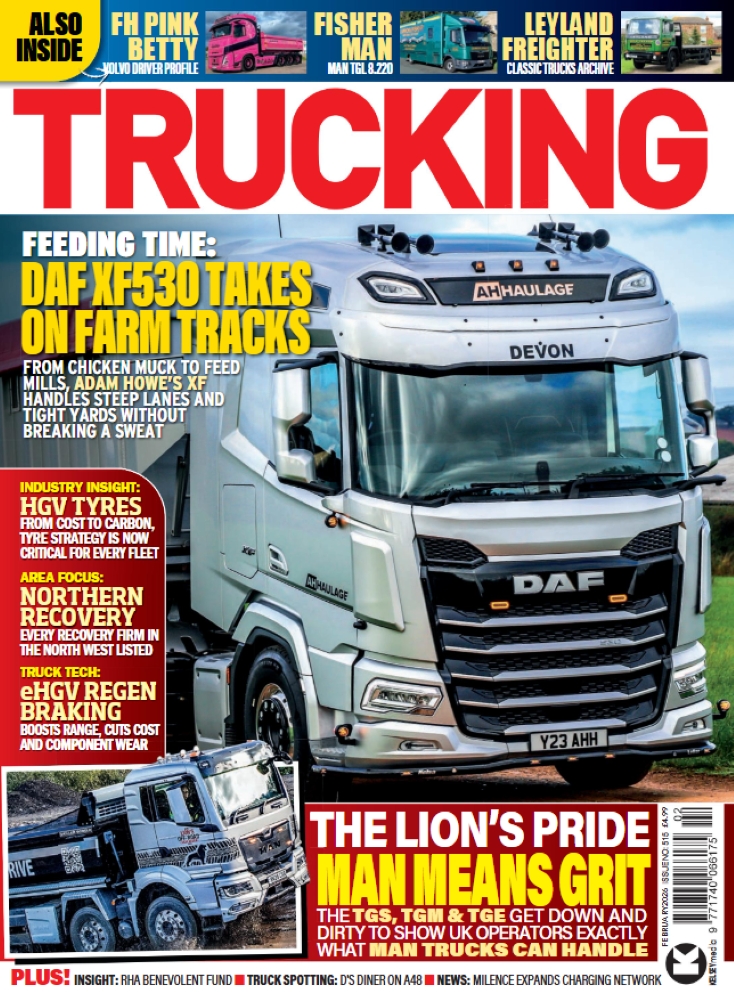The haulage industry, essential to the global supply chain, increasingly finds itself at the intersection of environmental impact and economic efficiency.
Transitioning towards sustainable practices is no longer just an ethical decision but a strategic move that enhances profitability and operational efficiency.
More than that, hauliers are increasingly finding out that the more they can do to reduce their carbon footprint, the more they will delight their clients—many of whom are driven towards only working with sustainable partners by legislation and consumer and investor demand.
Given the number of haulage firms currently grappling with challenges around this, we thought we’d share a few bits of best practice—explaining the case for transition, how to get started on it, and how to showcase what you achieve to drive your business growth.
Direct Financial Benefits of Sustainable Practices – the business case.
- Cost Savings from Enhanced Operational Efficiency:
The starting point is sustainable operating practices directly reduce operational costs. Eco-driving training, as endorsed by the UK’s Energy Saving Trust, can achieve an average fuel savings of up to 15 immediately after implementation, for example. Plus, this driving style typically helps reduce wear on tyres and braking systems – reducing fleet costs even more.
Furthermore, incorporating advanced fleet management software can optimise route planning and vehicle loading, potentially reducing fuel usage by up to 20%. A 2022 study from Gartner substantiates this, highlighting that companies utilising advanced route optimisation technologies report significant cost reductions in logistics.
- Business Expansion Through Sustainability Credentials:
Sustainability is increasingly influencing consumer and corporate purchasing decisions. According to a 2021NielsenIQ report, around 74% of younger consumers are willing to pay more for products from sustainable companies – and that sustainability has to run through the supply chain, including transport and logistics.
More and more big companies must report on this third-party supply chain footprint, meaning smaller partner firms must also start recording their emissions.
In the B2B sector, sustainability ratings are becoming critical; a study by the Carbon Disclosure Project(CDP) revealed that companies with higher environmental ratings are 18% more likely to win new contracts and sustain longer business relationships. As we’ve just said, businesses increasingly require their transport partners to tell them about their emissions, so getting ahead can lead to preferred supplier status.
Strategic Sustainable Practices in Haulage – how to transition to more eco-friendly practices.
- Continuous Eco-Driving Initiatives:
Implementing a comprehensive eco-driving program that includes ongoing training and monitoring can foster long-term fuel and cost savings—the cost of training your drivers can pay for itself in just a couple of months. Regular refresher courses and driver incentives are vital for maintaining eco-friendly driving habits and sustaining operational efficiencies.
- Maximising Load Efficiency:
Instead of intermodal transport, which may only suit some operations, haulage companies should consider backhauling strategies. Backhauling maximises vehicle usage and significantly reduces the number of empty return trips, thereby cutting fuel costs and emissions. The Logistics and Distribution Institute reports that companies implementing backhauling effectively can reduce their total transport emissions by up to 30%.
- Progressive Fleet Upgrades:
Integrating hybrid and alternative fuel vehicles like CNG or biodiesel is feasible and cost-effective. The UK’s Office for Low Emission Vehicles provides grants to help businesses invest in these technologies, supporting a smoother transition away from traditional diesel engines. While EVs at the large commercial scale still feel like a long way off, the UK Government does also provide grants towards these and more minor lorry/van transitions – more here: https://www.equans.co.uk/insight/uk-government-grants-electrify-your-fleet
- Achieving and Leveraging Sustainability Certifications:
Obtaining sustainability certifications like ISO 14001 enables haulage and logistics companies to manage their environmental impacts systematically, such as reducing emissions and fuel consumption, through a structured framework that improves operational efficiency and ensures compliance with environmental regulations. This certification not only enhances the company’s reputation but also attracts
Eco-conscious clients, for instance, demonstrate efficiencies in route optimisation and waste reduction in logistics operations, which are critical factors for partners prioritising sustainability in their supply chains.
- Transparency and Stakeholder Engagement:
Publishing detailed sustainability reports and engaging stakeholders through regular updates and collaborative projects builds credibility and trust. Transparent reporting is crucial for illustrating commitment to sustainability goals (and dismissing concerns about greenwashing) and encourages collective action within the industry. Put briefly, it’s about using your communications channels (web, social, client communications, etc.) to showcase what you have done, the impact created, and the rationale for doing it.
- Frequent Environmental Impact Audits:
Last but not least, in these kickoff tips, regular environmental audits are essential for maintaining compliance with environmental regulations and identifying further opportunities for cost savings. These audits help firms strategically manage their resources and improve their overall sustainability profile. For example, have you hit your fuel reduction targets and then used that data to update your reports on your business carbon footprint? If you still need to, measuring and reporting are key to achieving your transition goals. Some businesses also look at offsetting their emissions while on their transmission journey or where the transition isn’t yet possible – which can be a quick and affordable stop-gap solution to minimise the impact as you work towards more sustainable operations. Switch2Zero’s Vehicle EmissionsCalculator is one example. It can help you understand the CO2e being generated and help you budget for offsetting.
Integrating Back-Office Sustainability for Comprehensive Environmental Strategy
Alongside operational changes, haulage and logistics firms can address one other aspect of operations: Integrating sustainability into back-office practices is essential for haulage companies aiming for comprehensive environmental stewardship. Switching to green energy suppliers, reducing single-use items, and enhancing office energy efficiency are vital steps. These practices align every part of the business with sustainability goals and improve the company’s overall environmental footprint, making it more attractive to eco-conscious clients and partners.
In conclusion, Integrating sustainable practices in haulage delivers clear economic benefits, from direct cost reductions to securing and expanding business opportunities through enhanced environmental credentials.
By adopting comprehensive sustainable measures, haulage companies lay the foundation for future profitability and industry leadership, demonstrating that environmental responsibility and business success are mutually exclusive and mutually beneficial.






